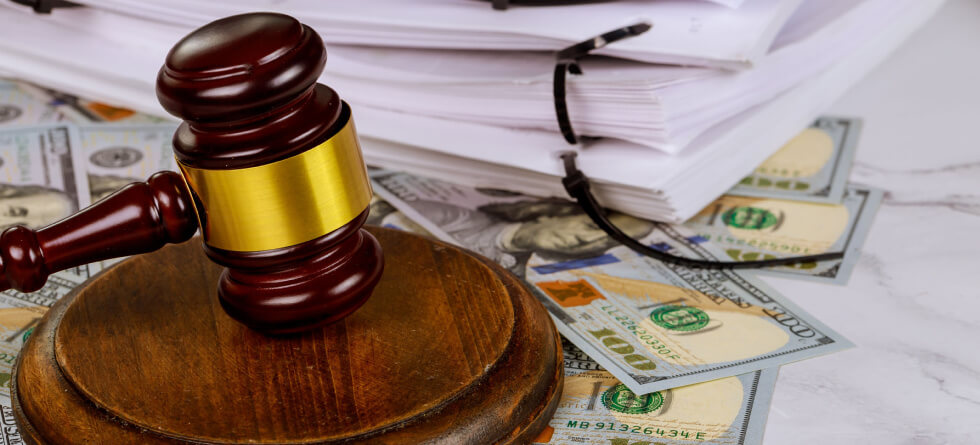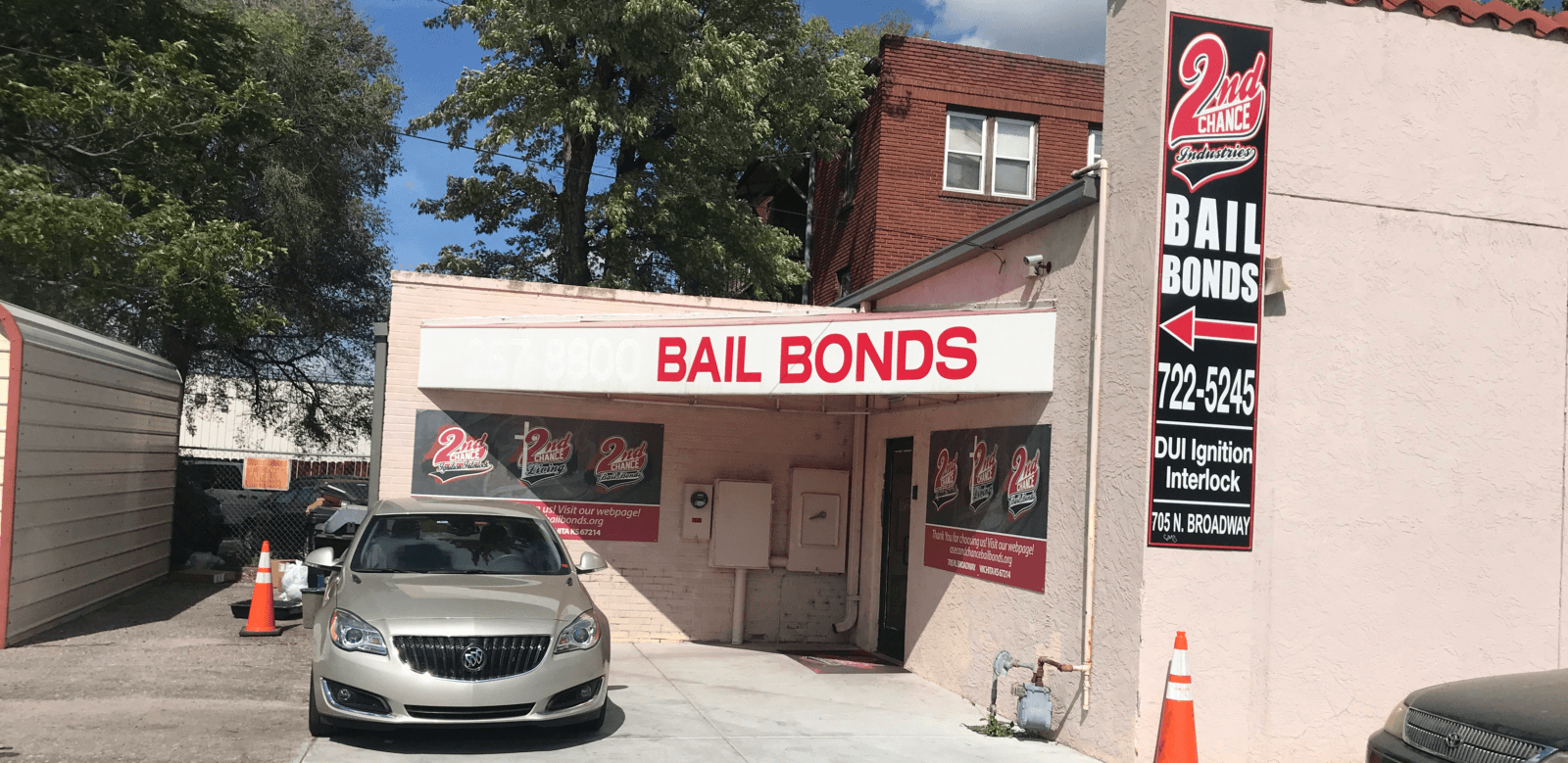You do not necessarily have to pay the full bail amount out of pocket. There are several options available, depending on your financial situation and the policies of the jurisdiction.
Here are the common methods to handle bail…
Cash Bail
- Full Payment – You can pay the entire bail amount in cash directly to the court. If the defendant appears for all required court dates, this amount is typically refunded at the end of the case, minus any fees or fines.
- Collateral – In some cases, the court may accept property or other assets as collateral equivalent to the bail amount.
Bail Bond
- Bail Bond Agent – If you cannot afford to pay the full bail amount, you can use the services of a bail bond agent. You typically pay the agent a non-refundable fee, usually about 10-15% of the total bail amount. The agent then posts the full bail amount on your behalf.
- Collateral – The bail bond agent may require collateral (such as property or other assets) to secure the bond. If the defendant fails to appear in court, the agent can seize the collateral to cover the bail amount.
Personal Recognizance
- Release on Own Recognizance (ROR) – In some cases, a judge may release the defendant on their own recognizance, meaning they are not required to pay bail but must promise to appear at all court dates. This is more likely if the defendant is considered a low flight risk and does not pose a danger to the community.
Surety Bond – Similar to a bail bond, a surety bond involves a third party, such as a bail bond company, guaranteeing the court that the defendant will appear for all scheduled hearings. This usually involves paying a fee to the surety company.
Property Bond – Some jurisdictions allow defendants or their families to use real estate or other valuable property as a bond. The property must usually have equity equal to or greater than the bail amount.
Federal Bail Bond
- Federal Cases – In federal cases, the process may involve different rules and higher fees. Federal bail bonds are generally handled by specialized federal bail bond agents.
Factors Influencing the Bail Amount
- Severity of the Crime –More serious offenses usually result in higher bail amounts.
- Flight Risk –If the court believes the defendant is likely to flee, the bail amount may be set higher.
- Criminal History – A defendant with a history of failing to appear in court or prior convictions may face higher bail.
- Community Ties – Defendants with strong community ties, stable employment, and family connections may receive lower bail amounts.
Steps to Take
- Contact a Bail Bond Agent – If you cannot afford the full bail amount, contacting a reputable bail bond agent is a common first step.
- Arrange Collateral – If needed, gather documentation and information on any collateral you might use to secure a bond.
- Attend All Court Dates – Ensure the defendant appears at all scheduled court dates to avoid forfeiting the bail amount or collateral.
Using a bail bond agent is a common and practical solution for many defendants who cannot afford the full bail amount. Always ensure that you understand the terms and conditions involved, including any fees and the implications of using collateral.





